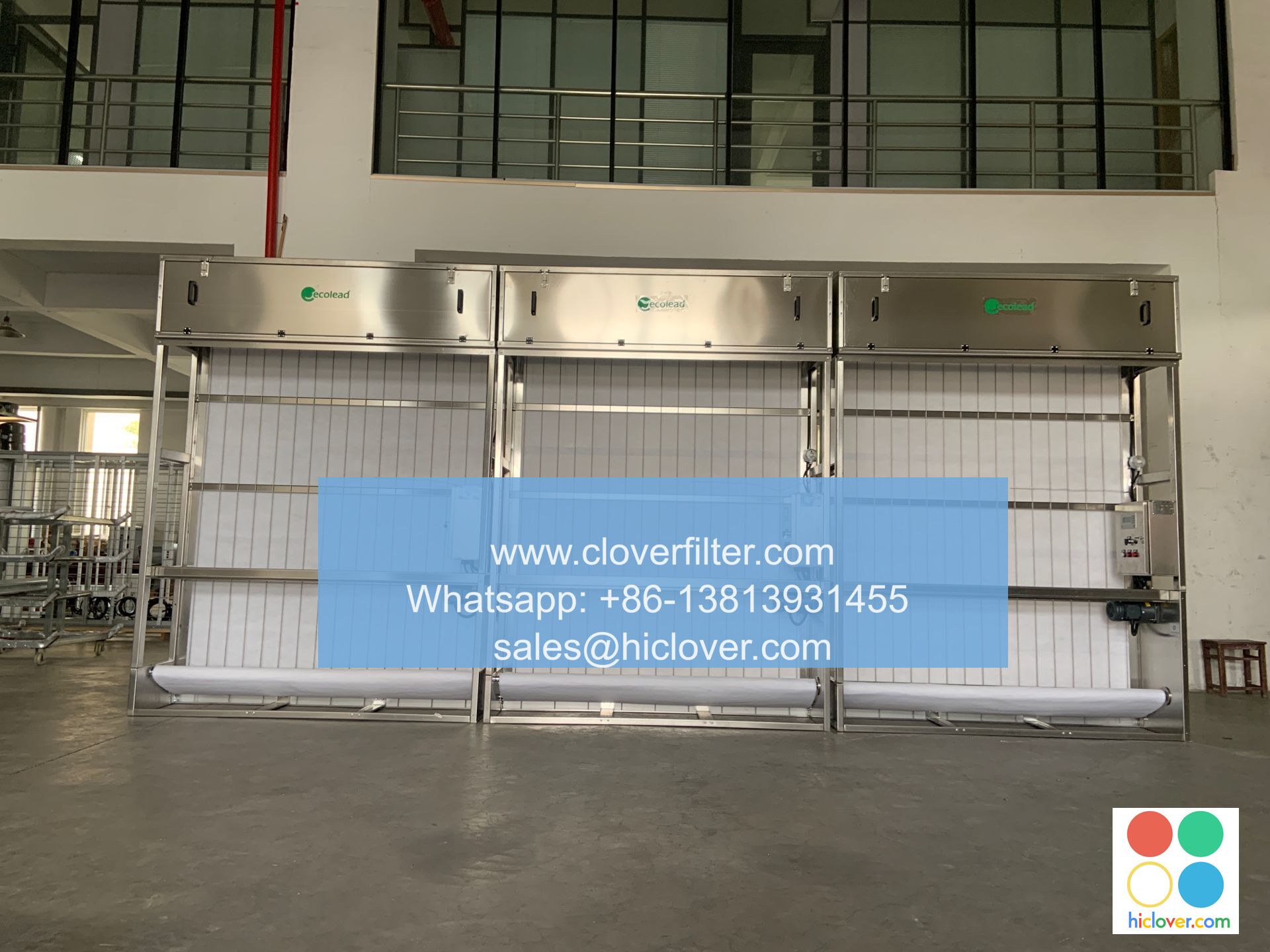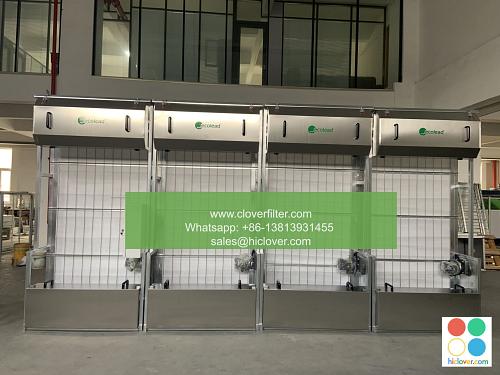The Role of Air Filtration in Oilfield Operations: An Overview

Air filtration plays a crucial role in oilfield operations, where the air quality can be severely compromised due to the presence of dust, gases, and other pollutants. The oil and gas industry is one of the most hazardous sectors, with workers exposed to a range of respiratory hazards, including particulate matter, hydrogen sulfide, and volatile organic compounds (VOCs). In this context, effective air filtration is essential to ensure the health and safety of workers, as well as to prevent damage to equipment and the environment.
The oilfield environment is characterized by the presence of multiple sources of air pollution, including drilling and extraction operations, storage tanks, and transportation activities. Drilling and extraction operations, for example, can generate large amounts of dust and particulate matter, while storage tanks can emit VOCs and other gases. Additionally, transportation activities, such as trucking and piping, can release emissions and pollutants into the air. The presence of these pollutants can have severe consequences for workers, including respiratory problems, cancer, and other health issues.
Air filtration systems are designed to capture and remove pollutants and contaminants from the air, thereby improving indoor and outdoor air quality. In oilfield operations, air filtration systems can be used to remove dust, particulate matter, and gases from the air, creating a safer and healthier working environment. There are several types of air filtration systems that can be used in oilfield operations, including HEPA filters, activated carbon filters, and gas-phase filters. HEPA filters, for example, are designed to capture 99.97% of particles as small as 0.3 microns, making them effective against dust, particulate matter, and other pollutants.
In addition to protecting workers’ health, air filtration systems can also help to prevent damage to equipment and the environment. Oilfield equipment, such as engines, compressors, and pumps, can be damaged by dust and particulate matter, leading to reduced efficiency and increased maintenance costs. Air filtration systems can help to remove these pollutants, reducing the risk of equipment damage and downtime. Furthermore, air filtration systems can help to prevent environmental pollution by capturing and removing pollutants before they are released into the air.
The benefits of air filtration in oilfield operations are numerous. By improving air quality, air filtration systems can help to reduce the risk of respiratory problems and other health issues among workers. Additionally, air filtration systems can help to increase equipment lifespan, reduce maintenance costs, and prevent environmental pollution. According to the Occupational Safety and Health Administration (OSHA), effective air filtration can help to reduce the risk of respiratory problems by up to 90%. Moreover, a study by the American Petroleum Institute found that air filtration systems can help to reduce equipment maintenance costs by up to 50%.
Despite the importance of air filtration in oilfield operations, there are several challenges and limitations associated with its implementation. One of the main challenges is the high cost of air filtration systems, which can be prohibitively expensive for small and medium-sized oilfield operators. Additionally, air filtration systems require regular maintenance and replacement, which can be time-consuming and costly. However, the benefits of air filtration far outweigh the costs, and oilfield operators should prioritize the implementation of effective air filtration systems to protect workers’ health and prevent equipment damage.
In recent years, there have been significant advancements in air filtration technology, including the development of more efficient and effective air filtration systems. For example, some air filtration systems now use advanced technologies such as nanofiltration and ultraviolet (UV) light to capture and remove pollutants. These advancements have made air filtration systems more effective and efficient, and have helped to reduce the costs associated with their implementation.
In conclusion, air filtration plays a critical role in oilfield operations, where the air quality can be severely compromised due to the presence of dust, gases, and other pollutants. Effective air filtration is essential to ensure the health and safety of workers, as well as to prevent damage to equipment and the environment. While there are challenges and limitations associated with the implementation of air filtration systems, the benefits far outweigh the costs, and oilfield operators should prioritize the implementation of effective air filtration systems.
Frequently Asked Questions (FAQs)
Q: What are the main sources of air pollution in oilfield operations?
A: The main sources of air pollution in oilfield operations include drilling and extraction operations, storage tanks, and transportation activities.
Q: What are the benefits of air filtration in oilfield operations?
A: The benefits of air filtration in oilfield operations include improved air quality, reduced risk of respiratory problems, increased equipment lifespan, and reduced maintenance costs.
Q: What types of air filtration systems can be used in oilfield operations?
A: There are several types of air filtration systems that can be used in oilfield operations, including HEPA filters, activated carbon filters, and gas-phase filters.
Q: How often should air filtration systems be maintained and replaced?
A: Air filtration systems should be maintained and replaced regularly, depending on the type of system and the level of air pollution in the oilfield environment.
Q: What are the costs associated with implementing air filtration systems in oilfield operations?
A: The costs associated with implementing air filtration systems in oilfield operations can vary depending on the type and size of the system, but can range from $5,000 to $50,000 or more.

